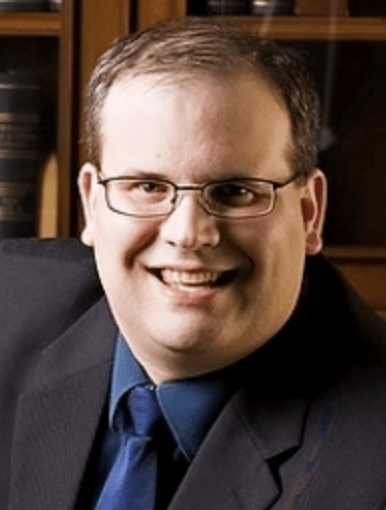‘L’usure du pouvoir’ and Why Some Liberals Aren’t Running

January 15, 2025
The race to choose a successor to Justin Trudeau has begun, with former Deputy Prime Minister Chrystia Freeland and former Bank of Canada Governor Mark Carney the all-but-declared, putative front-runners. We know of their intentions based, in Freeland’s case, on how she spent last December 16th, and in Carney’s, on how he spent 20 minutes with Jon Stewart this week.
But many of the high-profile potential candidates for the Liberal leadership identified by journalists and pundits — and, in some cases, themselves — after the Prime Minister announced his resignation January 6, have already said they will not run.
These people include former British Columbia Premier Christy Clark, Finance Minister Dominic Leblanc, Industry Minister François-Philippe Champagne, Foreign Affairs Minister Mélanie Joly, and Transport Minister Anita Anand.
Several related factors help explain why these prospective candidates have already taken themselves out of contention.
The first factor is that the Liberals are victims of what we call in French “l’usure du pouvoir,” which points to the gradual weakening of one’s political capital over time once in office, or to roughly translate, “Use it and lose it.”. The Liberals have been in power since late 2015, and they won the last three federal elections, even if they failed to win a majority of seats in 2019 and 2021. For a party, winning four federal elections in a row is extremely difficult. Even if you select a new leader ahead of the upcoming fourth election, they might struggle to appear as an agent of change or to keep the party’s winning electoral coalition together.
The second factor is that, even after the Prime Minister announced he would resign once a successor is chosen, the Liberals remain very far behind the Conservatives in the polls. This means that the next Liberal prime minister might not stay in office for very long if elections are triggered in the early spring, as is now widely expected. Even if, for some reason, the Liberals can avoid an early election by securing the support of an opposition party, a rather unlikely scenario right now, the next federal election will take place on October 20th.
By waiting so long to announce his resignation, Trudeau put his successor in a tough situation by giving them so little time to prepare for the election, in terms of both logistics and distinguishing their leadership.
This will give the new prime minister only about six months to prepare before the beginning of the campaign. Considering how far the Liberals trail the Conservatives in the polls, six months may not be enough to turn things around, regardless of who the next leader is. By waiting so long to announce his resignation, Trudeau put his successor in a tough situation by giving them so little time to prepare for the election, in terms of both logistics and distinguishing their leadership.
The third factor is the “rules of the game” for this leadership race that the party unveiled last week. By deciding that the Liberals will have a new leader on March 9, the party’s National Board of Directors set up a very short leadership race that is unlikely to give enough time for dark-horse candidates to beat the odds and engineer a surprise victory. By setting a cut-off date to become a registered Liberal and be eligible to vote in the leadership race of January 27, the party also makes it extremely difficult for these candidates to recruit new Liberal members supporting them in the race.
Finally, the entrance fee for a candidate to join the leadership race is $350,000, which is much higher than the $75,000 the Liberals asked for back in 2013, during the race Trudeau won. Although this amount would not have been a challenge for at least some of the above-mentioned contenders who took a pass, it is certainly a barrier to the entry of lower-profile figures in the race.
Beyond these general factors, the people not running might have additional reasons for not stepping into the race. For instance, in her message announcing that she would not be running, Clark pointed to the fact that “there is simply not enough time to mount a successful campaign” but also that to “effectively connect with Francophone Canadians in their language,” implicitly pointing to the claim that the next Liberal leader should be able to speak to Canadians in both official languages. Although not mentioned in her announcement, the catastrophic CBC radio interview she gave last week and the related controversy over her support of Jean Charest during the 2022 Conservative leadership race are also likely to have triggered her decision not to run, after having openly considered the option.
For the cabinet ministers mentioned above, the potential accusation of putting personal ambition and/or party above country might have played a role in their decision to abstain from running. This is especially the case in the context of the tariff threats that Donald Trump recently uttered against Canada.
Finally, for francophones like Champagne and Joly, it is possible that the “historical tradition of alternating between an anglophone and a Francophone leader at the head of the party” might have played a role in their decision not to run, underscoring again the importance of language politics within the Liberal Party of Canada and, more specifically, this new leadership race. With no major francophone Liberal figure now likely to run, there is a sense that it is increasingly likely the next party leader will be an anglophone who is also capable of speaking to francophones in their mother tongue.
Daniel Béland is professor of political science and director (on leave) of the McGill Institute for the Study of Canada at McGill University.
